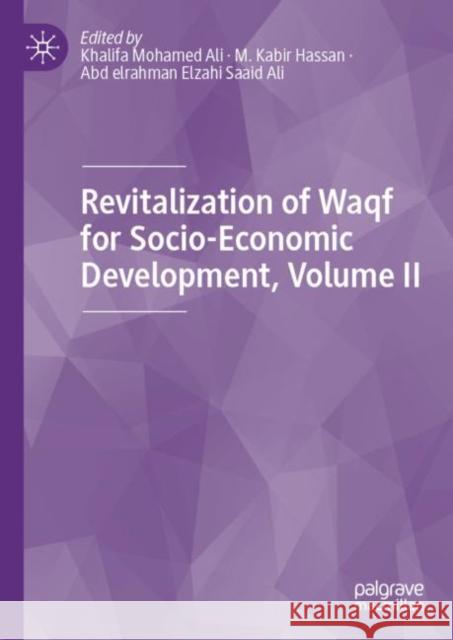Revitalization of Waqf for Socio-Economic Development, Volume II » książka
topmenu
Revitalization of Waqf for Socio-Economic Development, Volume II
ISBN-13: 9783030184483 / Angielski / Twarda / 2019 / 323 str.
Revitalization of Waqf for Socio-Economic Development, Volume II
ISBN-13: 9783030184483 / Angielski / Twarda / 2019 / 323 str.
cena 684,33
(netto: 651,74 VAT: 5%)
Najniższa cena z 30 dni: 655,41
(netto: 651,74 VAT: 5%)
Najniższa cena z 30 dni: 655,41
Termin realizacji zamówienia:
ok. 16-18 dni roboczych.
ok. 16-18 dni roboczych.
Darmowa dostawa!
Kategorie:
Kategorie BISAC:
Wydawca:
Palgrave MacMillan
Język:
Angielski
ISBN-13:
9783030184483
Rok wydania:
2019
Wydanie:
2019
Ilość stron:
323
Waga:
0.57 kg
Wymiary:
21.01 x 14.81 x 2.06
Oprawa:
Twarda
Wolumenów:
01
Dodatkowe informacje:
Wydanie ilustrowane











